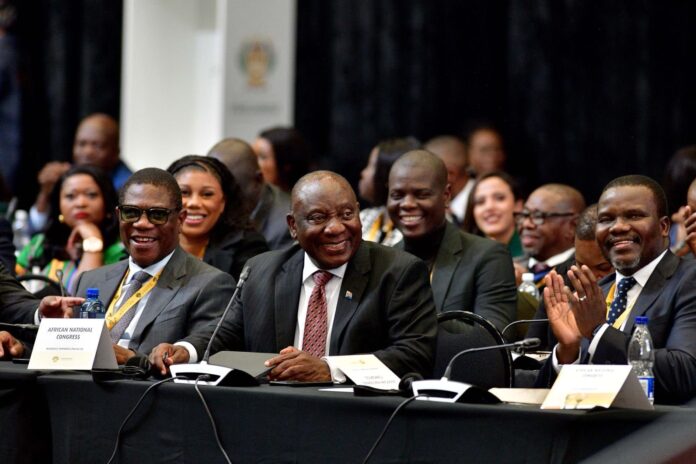Johannesburg – In a move that has drawn both praise and sharp criticism, South Africa’s President Cyril Ramaphosa has signed the controversial ‘Expropriation Bill‘ into law, effectively repealing the pre-democratic Expropriation Act of 1975.
The landmark legislation outlines the framework for land expropriation without compensation, provided it serves a public purpose or the public interest. The bill, signed on Thursday, January 23, 2025, is being hailed by some as a step towards addressing historic land inequities, while others warn it could destabilise property rights and deter investment.
The bill comes after a five-year process of public consultations and parliamentary debate. According to a statement from the Presidency, it aligns the law with Section 25 of the Constitution, which permits expropriation in the public interest or for a public purpose—provided it is “just and equitable.”
However, critics argue that the phrase “nil compensation” introduces uncertainty about property rights, potentially violating constitutional guarantees.
The Expropriation Bill seeks to promote inclusivity and equitable access to resources. It grants local, provincial, and national authorities the ability to expropriate land under specific conditions, requiring negotiations with property owners before expropriation can occur. Any disputes are subject to mediation or legal intervention.
Opposition and public reaction
The announcement has been met with mixed reaction, with opposition parties and agricultural bodies vowing to challenge the law in court, claiming it infringes on constitutional protections.
Public Works Minister Dean Macpherson – who is a DA deployee in President Ramaphosa’s cabinet – expressed his disapproval on social media (X), writing, “As Minister, there will be NO expropriation of private property without compensation on my watch,” he said, adding: “The guarantee of property rights under section 25 of the Constitution is not up for debate and is non-negotiable.”
Concerns about rural safety have also surfaced, with some groups pointing to the heightened risks for farmers. A vocal opponent labeled the move on X “a dangerous step toward communism,” while others worry it could lead to unintended consequences for South Africa’s investment climate.
Correcting historical wrongs
As the Presidency spokesperson Vincent Magwenya highlighted in an official statement on Thursday, the latest development builds on South Africa’s ongoing efforts to redress historic injustices rooted in apartheid-era land policies.
“Section 25 of the Constitution recognises expropriation as an essential mechanism for the State to acquire someone’s property for a public purpose or in the public interest, subject to just and equitable compensation being paid,” Magwenya said.
Up until now, expropriation processes were governed by outdated legislation from 1975, which many saw as inadequate to address the systemic imbalances created by decades of racial segregation and dispossession.
What’s next?
While proponents see the law as an opportunity for transformative land reform, its opponents may escalate the matter to South Africa’s Constitutional Court — with the Democratic Alliance (DA) accused previously accusing the ANC of attempting to “bulldoze” the bill as a last-ditch effort to gather votes in run-up to the May 2024 national elections. “The DA strongly reiterates its opposition to the Expropriation Bill, which President Ramaphosa has now signed into law,” the DA shared.
“While the DA recognises that the Constitution allows for acts of redress and restitution, including land reform, we have serious reservations about the procedure as well as important substantive aspects of the Bill. We are in discussions with our legal team to formulate our case.” The DA Federal leader John Steenhuisen is set to address the media on the matter on Friday, January 25, 2025.
Meanwhile, the Inkatha Freedom Party (IFP) expressed its support for the expropriation bill, but took issue with the approach being pursued. The party maintained that landowners should receive compensation if the state determined that expropriation was justified.
The Economic Freedom Fighters (EFF) has also critisised the move, labeling it a legislative cop-out by the African National Congress (ANC). “It is only used to fool our people into believing that the party is doing something to address the almost tyrannical neglect of the land question in this country,” the EFF shared.


